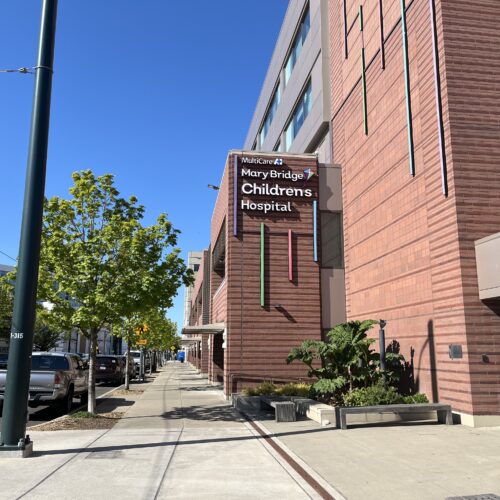
Freshwater Mussels Declining Throughout The Northwest
Listen
Courtney Flatt reports on the decline of freshwater mussels in the West and the potential environmental impact / Runtime – 0:50
Read
The Northwest’s freshwater mussels are in trouble. Almost every population biologists study is declining. Freshwater mussels are critical to habitat where they live. Freshwater mussels clean rivers and streams. Tribes also use freshwater mussel shells to make jewelry and ornamentation. Historically, tribes also boiled and dried freshwater mussels to eat over winter.
Alexa Maine studies freshwater mussels for the Confederated Tribes of the Umatilla Indian Reservation. She says the decline of freshwater mussels shows there’s something very wrong with the environment. Mussels face numerous challenges, including warm waters caused by climate change, too many non-native fish species, and habitat loss.
Maine: “Mussels are now screaming, saying, ‘Help us do something, there’s something going on.’”
The U-S Fish and Wildlife Service is studying the western ridged mussel, one of a handful of freshwater mussel species in the Northwest. After a closer inspection of western ridged mussels, officials might consider adding it to the Endangered Species List.
Related Stories:

Tacoma physicians are trying to unionize
Joining a growing trend, physicians at Mary Bridge Children’s Hospital in Tacoma are trying to unionize.
“ We really want to be able to have a voice, have a seat at the table and work with them and be a little bit more collaborative. And we think this unionization effort is the best way to do that,” said Derek Tam, a pediatric emergency physician at the hospital.

Cantwell, Schrier talk possible Medicaid cuts with local health care stakeholders
U.S. Sen. Maria Cantwell and Rep. Kim Schrier met with hospital executives, doctors and community health stakeholders from across North Central Washington on Thursday to discuss the impact of potential cuts to Medicaid.

Programas Head Start reabren en el centro de Washington
Más de 400 niños de varias comunidades del centro de Washington regresaron a sus aulas tras la llegada de los fondos federales para los programas Early Head Start y Head Start de Inspire Development Centers.












